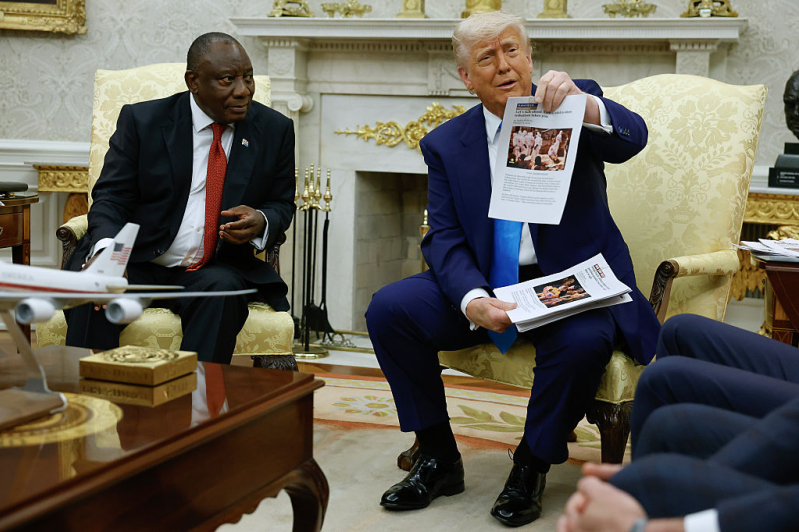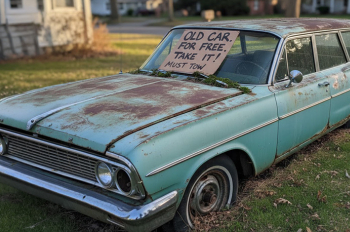
Church World Service (CWS) has been drawn into a diplomatic dispute after the U.S. State Department asked South Africa to fast-track visas for 30 Kenyan staffers to help process Afrikaner refugees seeking resettlement in the United States.
The U.S. Refugee Admissions Program, run by the State Department, contracted CWS’s Resettlement Support Center in Nairobi to handle the process. In July, South Africa’s Department of Home Affairs confirmed it had received visa applications for the Kenyan staffers, who are expected to be based in South Africa for two years.
The Trump administration’s designation of white South Africans as refugees has been firmly rejected by Pretoria. Presidency spokesperson Vincent Magwenya said earlier this year that “no South African citizens can be classified as refugees to any part of the world.”
CWS itself has voiced concerns about the program. In May, CWS President and CEO Rick Santos said the group was “concerned” that the U.S. government was fast-tracking Afrikaner admissions “while actively fighting court orders to provide life-saving resettlement to other refugee populations who are in desperate need of resettlement.”
Still, he affirmed that “CWS remains committed to serving all eligible refugee populations seeking safety in the United States, including Afrikaners who are eligible for services. Our faith compels us to serve each person in our care with dignity and compassion.”
In June 2025, CWS became directly involved when the U.S. Refugee Admissions Program outsourced its Africa operations to RSC Africa, the CWS division based in Nairobi. Kenyans hired by RSC are now tasked with assisting in the screening process of the applicants.
The plan faces major hurdles, however. Daily Maverick in South Africa reported that the Kenyan staffers applied for volunteer visas, a category that explicitly requires applicants to receive "no paid remuneration for the work they do in South Africa," meaning "all the work done must be for free.” Yet current CWS job postings in South Africa advertise salaried positions, raising questions about whether authorities would need to bend visa rules.
Other faith-based organizations that have partnered with the U.S. Refugee Admissions Program have expressed reservations about the decision to provide preferential treatment to white Afrikaners. The Episcopal Church, through Presiding Bishop Sean Rowe, announced it had terminated its long-standing partnership with the U.S. government on refugee resettlement. “It has been painful to watch one group of refugees, selected in a highly unusual manner, receive preferential treatment over many others who have been waiting in refugee camps or dangerous conditions for years,” Rowe wrote in a letter to congregants.
World Relief, an evangelical Christian group, said it anticipates serving “a small number” of Afrikaner arrivals but primarily urges the administration to restart the broader, traditional resettlement process for individuals fleeing persecution of all backgrounds.
The Afrikaner resettlement plan comes amid strained U.S.–South Africa relations, with tensions heightened by U.S. criticism of Pretoria’s domestic policies like Black Economic Empowerment (BEE) and the Land Expropriation Act, that aim to recalibrate the distribution of resources and “address the systemic inequalities resulting from apartheid and colonialism.”
South African authorities are expected to decide on the visa applications by late September or early October, the standard eight-week turnaround. Whether Home Affairs will approve volunteer visas for staff expected to be in paid roles remains uncertain.






